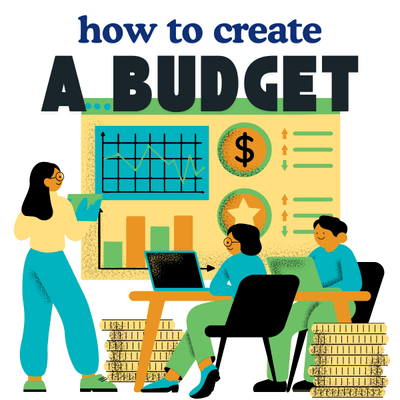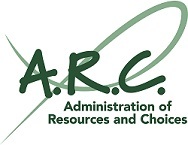
The Importance of Sticking to a Budget
Many people don’t grow up with good financial habits like saving money, sticking to a budget, or only using credit for emergencies. But it’s never too late to learn, especially if you’re trying to purchase a home or even if you’ve already gotten a home and are having trouble making your payments. As long as you are working with your lender to get current on your mortgage, it’s not too late to get back on track.
Sometimes homeowners end up behind on their mortgage or in foreclosure because they did not prioritize their mortgage payments. Unexpected expenses can also get in the way of paying the mortgage on time. Either way, a budget can help you prioritize your spending, stay accountable for the money you spend, and plan for unexpected expenses so you don’t end up in foreclosure.
Understanding Your Spending
Budgets help you identify where your limits are in terms of monthly expenses. To create a budget, it’s helpful to write down all the expenses you currently have, from bills to groceries to car payments, and how much you spend on other things each month, like medical bills, school loans, eating out, or subscription services. Looking back at your bank statement for the previous month is a great way to understand your spending. Many online banking apps will categorize your spending for you by vendor, so you may not have to do much work to figure out where your money goes each month.
Creating a Budget
Once you have identified your areas of spending, compare that to your monthly household income--is it more or less than what your household brings in each month? Be sure to include seasonal or annual charges, like taxes, insurance, holiday spending, and back-to-school shopping. If you have room in your budget after accounting for expenses, look at your savings. Do you have enough to cover at least six months of expenses? If not, create a line in your budget for saving and figure out how you can save what you need for emergencies.
When creating your budget, also try to think about expenses that might come up unexpectedly, like a car repair, appliance repair, or home repair. Are you in a good position to handle these expenses? If not, can you begin saving so you can handle unplanned expenses? Your bank, credit union, or even money management sites online all have sample budgets you can look at to learn how to create one for yourself.
If your monthly expenses are close to or more than you make, then try to look at where you can cut back to make room for putting some money away each month in savings. Easy areas to cut back are entertainment, eating out, clothes, and gift purchases. If you still need to cut back, you may consider your grocery budget, gas, or consolidating credit card debt or student loans.
Sticking to a Budget
Whether you are hoping to buy your first home or already own one, budgeting can help you stay in your home by providing guidelines for your spending. When you have a budget, you know exactly how much money you need each month, so you can feel confident about putting money in savings and knowing you’ll be fine without it. Budgeting also helps you commit that money to savings, because you have committed to it as if it were an expense.
Being realistic in your budgeting helps reduce anxiety because you know where your finances will stand at the end of the month if you don’t have unexpected costs. Before creating a budget, you might buy clothes or coffee each month and feel guilty about it even if you have the money for it. Once you have a budget, you can make that purchase knowing that you have the money for it, and you also know you can cut that expense if you need extra money. Creating a budget also lets you decide if you’re spending too much money on something. When you’re spending money in an unplanned way, it’s easy to let things like getting takeout food or coffee add up because you just don’t know how much you are spending. When you budget for it, you’re holding yourself accountable to what you can afford, whether it’s a new car payment or a meal out.
Do you need help creating a budget, getting current with mortgage payments, or getting your finances ready to buy a home? Our HUD-Certified Housing Counselors can help. They will help you look at your spending and make the best decisions for your situation. Submit your information below and get started today!
